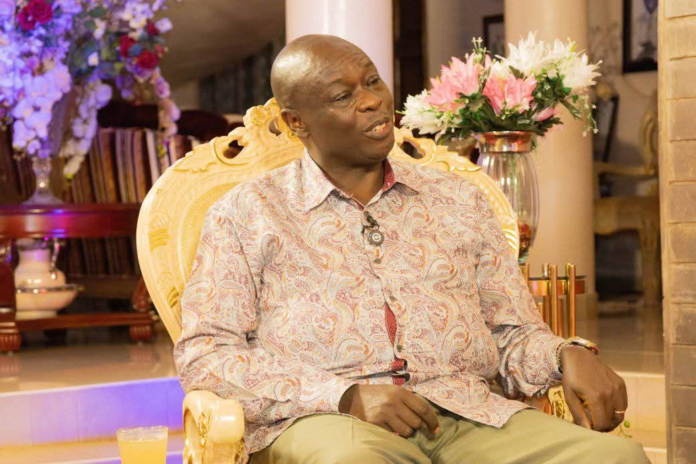Former Deputy President Rigathi Gachagua has placed blame for the controversial fertiliser scandal on President William Ruto and Head of Public Service Felix Kosgey, accusing them of directly managing procurement operations from State House.
In a candid interview aired on KTN on Monday, Gachagua alleged that the duo single-handedly selected suppliers and determined the fertiliser quantities to be bought, sidelining the Ministry of Agriculture entirely.
He came to the defence of former Agriculture Cabinet Secretary Mithika Linturi, who faced public backlash last year for his role in the distribution of substandard fertiliser. According to Gachagua, Linturi was merely a scapegoat in a well-orchestrated plot led by the President and his inner circle.
“In truth, Linturi had no authority over procurement,” Gachagua said. “The real decisions were being made by Ruto and Kosgey, who have a long-standing history of controlling agriculture dating back to the Kibaki and early Jubilee years.”
Gachagua further claimed that a company named Maisha Minrosh and Fertilisers Limited, which he linked to Devki Group — a firm associated with the President’s allies — was at the centre of the procurement scandal.
He alleged that this firm was allowed to import substandard fertiliser despite warnings issued by the Centre for Agriculture and Public Services (CAPS). “The President personally approved the clearance of that fertiliser, even when it did not meet the required standards,” he said.
Gachagua also raised concerns over the fate of fertiliser donations from foreign countries. He accused Maisha Minrosh of rebranding and reselling 40,000 metric tonnes of fertiliser donated by Russia, and another 30,000 tonnes from Algeria, at inflated prices to unsuspecting Kenyan farmers.
“Those donations were handed over to this company, which turned around and sold the same fertiliser back to the government — and eventually to farmers — at commercial rates,” he alleged.
These claims follow last year’s exposé Fertile Deception by African Uncensored, which highlighted the circulation of counterfeit and low-quality fertiliser under the government’s subsidy programme.
At the time, Linturi defended the ministry’s actions, explaining that while the fertiliser fell short of the Kenya Bureau of Standards (KEBS) guidelines for nitrogen, phosphorus and potassium content, it was not counterfeit.
“It was simply below the required nutrient thresholds,” Linturi said, likening it to an underweight loaf of bread — not fake, just not up to standard.
Despite this defence, the National Cereals and Produce Board (NCPB) later blacklisted several brands, including those from Ken Chemicals Limited and KEL Chemicals, due to non-compliance with KEBS specifications.





![SHA Suspends Dozens of Health Facilities Over Alleged Fraud [LIST]](https://citymirror.ke/wp-content/uploads/2024/12/image-14-218x150.png)

